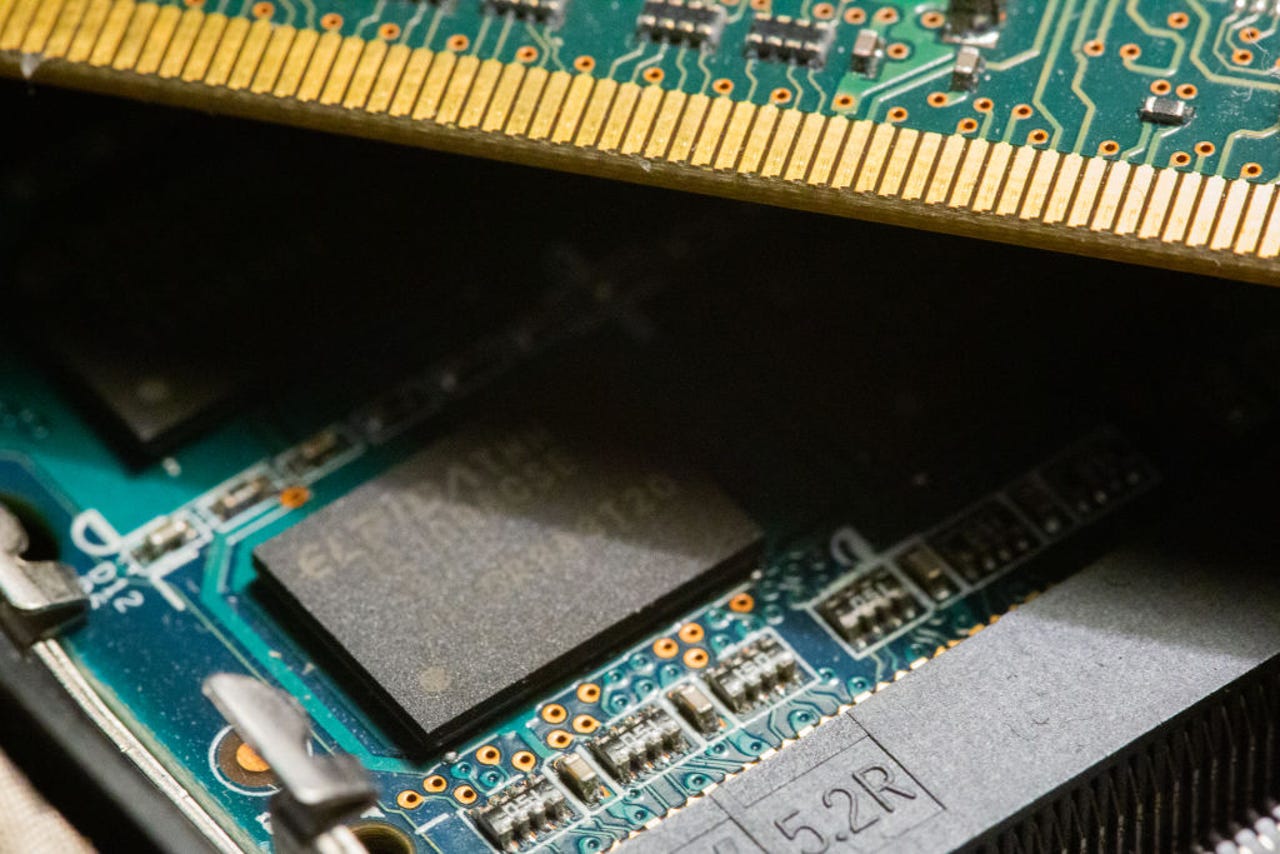Congress approves $52B for US semiconductor industry


The US House on Thursday passed long-awaited funding for the US semiconductor industry, promising to deliver $52 billion to support domestic manufacturing. The funding was included in the $280 billion "CHIPS and Science Act," which passed by a vote of 243 to 187. It passed in the Senate a day earlier and now heads to President Biden's desk to be signed into law.
Processors
US companies like Intel lobbied aggressively for the passage of the CHIPS Act. In April, CEO Pat Gelsinger urged lawmakers to support the industry, predicting that the ongoing global chip shortage will remain a challenge until at least 2024.
SEE: Hunker down: The chip shortage and higher prices are set to linger for a while
In June, Intel said it chose to delay the groundbreaking of its new Ohio semiconductor factory, since the legislation was stalled. The Ohio factory, which will be Intel's third in the US, will initially cost $20 billion to build. At full buildout, the total investment in the site could grow to as much as $100 billion over the next decade -- making it one of the largest semiconductor manufacturing sites in the world. However, the company said the ultimate size of the facility could depend on the fate of the CHIPS (Creating Helpful Incentives to Produce Semiconductors) Act.
In a statement Wednesday, President Biden called the bill "historic".
"As Americans are worried about the state of the economy and the cost of living, the CHIPS bill is one answer: it will accelerate the manufacturing of semiconductors in America, lowering prices on everything from cars to dishwashers," he said. "It also will create jobs -- good-paying jobs right here in the United States. It will mean more resilient American supply chains, so we are never so reliant on foreign countries for the critical technologies that we need for American consumers and national security."
The Biden administration has also specifically framed the legislation as a necessary response to China's growing economic influence around the globe.
"Semiconductors, it's not an overstatement to say, are the ground zero of our tech competition with China," US Deputy Defense Secretary Kathleen Hicks said at an event with the president earlier in the week.